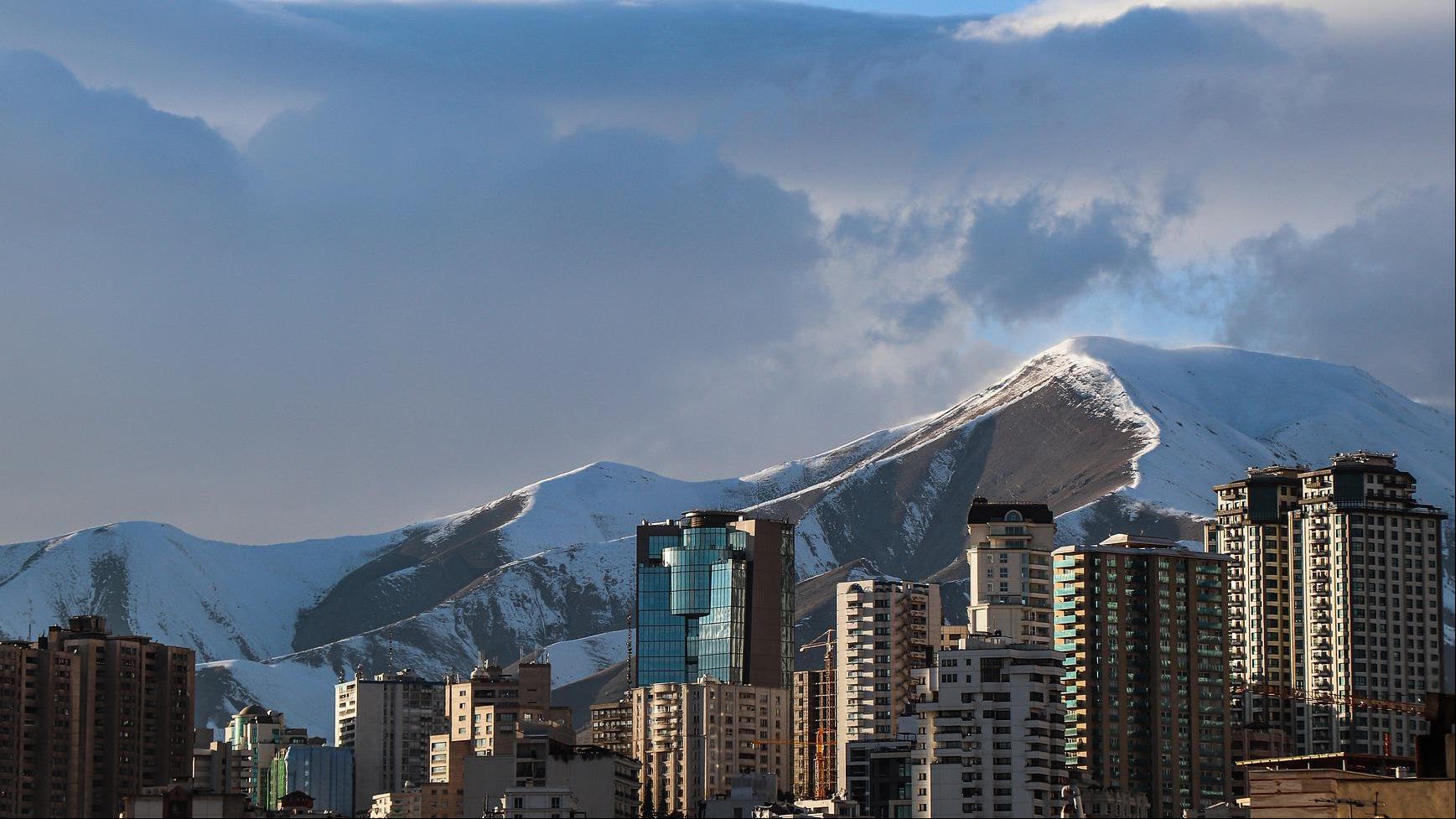

Tehran and Washington are reviewing the final text of a proposal prepared by the EU for a possible return of the US to the nuclear deal Iran signed with world powers in 2015.
The final text, which has not been made public, marks the end of 17 months of on-off indirect negotiations between Iran and the US to revive the deal.
“What can be negotiated has been negotiated, and it’s now in a final text,” EU foreign affairs chief Josep Borrell wrote on Twitter on 8 August. “However, behind every technical issue and every paragraph lies a political decision that needs to be taken in the capitals. If these answers are positive, then we can sign a deal.”
The two sides must review the final text and decide before the talks “collapse for good”, according to officials.
The negotiations have carried on through many pauses, crises and premature conclusions.
In June, Iran started switching off cameras installed by the UN nuclear watchdog at its nuclear plant facilities in response to a report the country was beginning to enrich uranium closer to weapons-grade levels.
The International Atomic Energy Agency (IAEA)'s board of governors had criticised Tehran for failing to provide "credible information" over manufactured nuclear material found at three undeclared sites in the country.
IAEA installed around 27 cameras at Iran's nuclear facilities as part of the 2015 nuclear power deal forged between Tehran and China, France, Germany, Russia, the UK, the US and the EU.
The 2015 Joint Comprehensive Plan of Action (JCPOA) deal sought to lift sanctions on Iran in return for curbs on its nuclear programme.
Former president Donald Trump withdrew the US from the JCPOA in 2018, three years after it was signed.
The US reimposed sanctions on the Islamic Republic in 2020 due to Iran’s apparent failure to comply with the JCPOA terms and to prevent it from buying weapons in the future.
In October, the US also imposed further sanctions on Iranian individuals and companies that it said had provided critical support to the Islamic Revolutionary Guard Corps' unmanned aerial vehicle programmes.
Image: Iran/Pixabay
You might also like...

Egypt strengthens its economic position
04 March 2026

Kezad signs land lease deal with Galadari Brothers
04 March 2026
A MEED Subscription...
Subscribe or upgrade your current MEED.com package to support your strategic planning with the MENA region’s best source of business information. Proceed to our online shop below to find out more about the features in each package.
Take advantage of our introductory offers below for new subscribers and purchase your access today! If you are an existing client, please reach out to your account manager.









